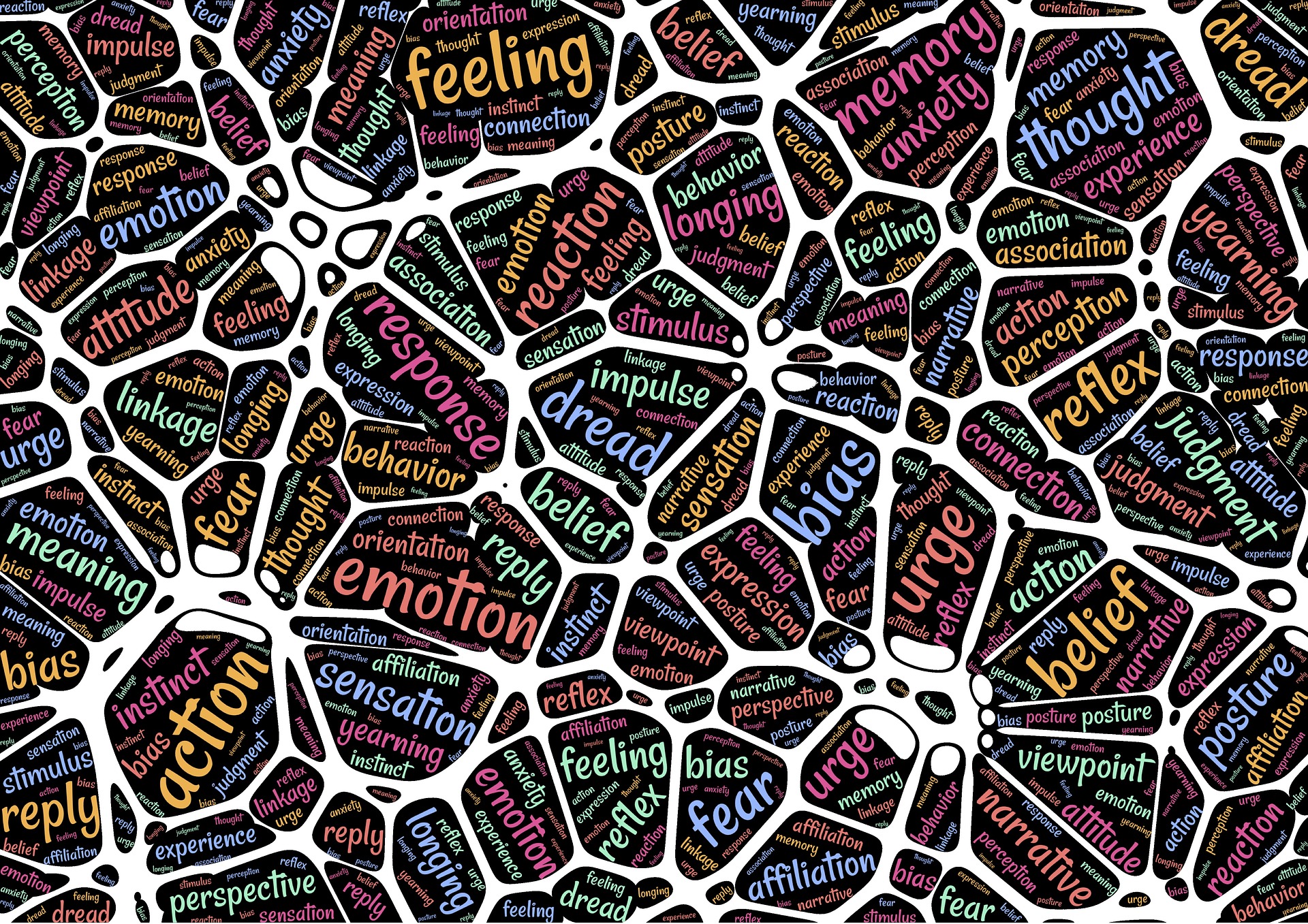Services Approach
We specialise in providing evidence-based treatment integrating approaches that are widely accepted around the world to treat an extensive range of problems.
Schema Therapy
Putting the pieces of the puzzle together and understanding self
Schema Therapy was developed as a treatment for a range of chronic problems including depression, trauma, anxiety, eating disorders, addictions, and problems with personality. Schema Therapy looks at core themes within a person’s life to help them break negative, rigid and unhelpful patterns of thinking, feeling and behaving, which keep these issues recurring or difficult to treat.
While these patterns are often hidden to our conscious mind, we can find ourselves wondering why we seem to go through situations or relationships that end up in the same type of struggles as those before, despite our best efforts to change. These themes are expressed as patterns of ineffective coping strategies (e.g. extreme avoidance, detachment) that often form significant barriers to understanding self and accomplishing personal goals. Relating to others and getting one’s needs met may also be compromised.
Schema therapy is well suited to people with chronic problems in changing unhelpful behaviours, regulating their emotions, and also for those with long-standing issues with relationships. In particular, people who have failed to experience the change and success they had hoped for from standard treatment (e.g. CBT) may benefit from this approach. Schema therapy often has a longer-term treatment focus, particularly with more severe or chronic issues with childhood origins.


Eye Movement Desensitization and Reprocessing (EMDR)
Healing a traumatised brain and nervous system
EMDR is a therapeutic approach that enables people to heal from the symptoms and emotional distress that are the result of disturbing life experiences. Using EMDR therapy, people can experience the benefits that once took an extended time in therapy to take place.
EMDR helps the person heal from psychological trauma in much the same way as the body recovers from physical trauma. A splint in the wound prevents the body from healing the wound. Once the splint is removed, the body can work on closing the wound. In similar way, trauma blocks the brain’s information processing system to work toward metal health. Once the block is removed, natural healing can resume.
Research has shown that EMDR produces neurological changes in the brain that result in a rapid reduction of trauma symptoms. During the treatment people gain the insight from their own accelerated intellectual and emotional processes and the very experience that once debased them, becomes their source of transformation and post-traumatic growth. EMDR is useful in treatment of trauma related to recent and historical events, anxiety and phobias, panic attacks, addictions and nightmares.
Enhanced Cognitive Behavioural Therapy for Eating Disorders (CBT-E)
CBT-E is a well-known and empirically supported treatment for eating disorders. The over-valuation of the body, perfectionistic standards and the idea of control are viewed in this approach as the underlying mechanisms that maintain all eating disorders. During CBT-E these factors are targeted with the aim of alter the negative views of the self and the body and alter problematic behaviours that accompany eating disorders.


Mindfulness-based Intervention
Reflecting on self, moving from reacting to responding, understanding resilience and moving forward
Mindfulness is a type of attention characterised by openness, acceptance and an enhanced ability to respond to the present moment. This particular way of paying attention to one’s inner processes allows for a clearer understanding of how thoughts and emotions impact on our health and quality of life and it increases capacity for objectivity about one’s own internal experience.
Mindfulness practices enable us to recognise and overcome the many ways that we tend to get caught in rumination, distraction and resistance. They reveal the inherent ability of the mind and body to rebalance and sustain wellbeing and help us to discover positive new perspectives, behaviours and solutions.
The growing evidence base indicates that repeated mindfulness practice can lead to a range of positive life changes (e.g. reduced stress and anxiety, reduced chronic physical pain, a boosted immune system, the ability to cope with difficult life events, the ability to deal with negative emotions, reduced insomnia). It can result in positive change in the structure of the brain and even have a positive effect on physical problems (e.g. hypertension).
Cognitive Behaviour Therapy (CBT)
CBT is a method of treatment for psychological disorders that takes a practical, task-based approach to solving problems. It is designed to help change negative thoughts and behaviours by providing more positive and fulfilling solutions.
The focus of CBT is to address symptoms while they are present and to learn skills and techniques that can be used in the ongoing improvement of mental health. CBT has a relatively short-term, focused approach to the treatment.


Psychological Assessments and Reports
For Criminal, Workplace, and Immigration Matters
We provide an assessment for those whose circumstances involved them in aspects of the legal system – either civil or criminal. In these circumstances, an expert assessment of the psychological issues or factors involved can be useful as part of the case that may be presented to the courts by your solicitor.
A Pre-Sentencing report can be useful for Criminal matters, such as DUI charges, other drug and alcohol related matters, as well as assault and other charges. It provides information about your mental health and its impact on your behaviour, the negative impact the event already had on your life, as well as the degree of your regret and remorse. We provide assessments for Local or District Court matters.
For workplace injuries, the assessment of the psychological impact of the injury (e.g., Workplace bullying or other workplace events such as injuries or trauma) will be relevant to compensation and treatment that may be paid for by your employer.
Matters pertaining to immigration issues, where a psychological assessment helps to inform decisions by the immigration authorities in respect of genuineness of your relationship, and impact on you or a partner having to leave/arrive in Australia.
In all matters, we work according to your solicitor’s instructions.
Please contact us for further information about report writing.